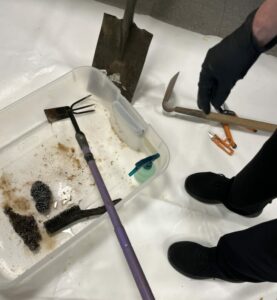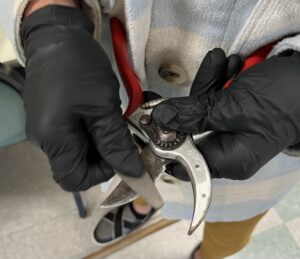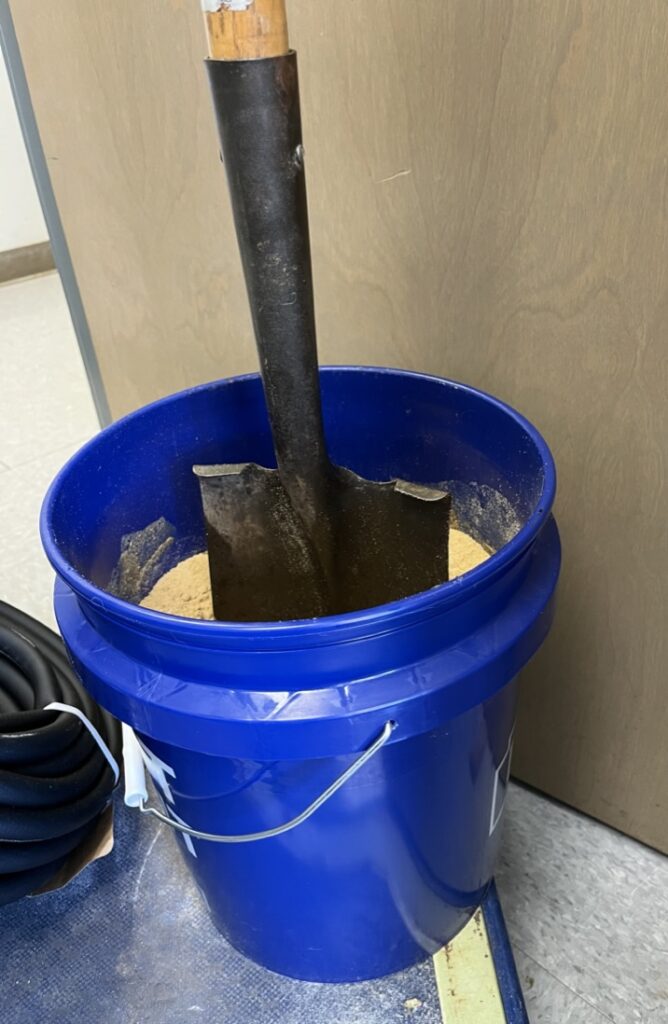Spring Clean Includes Garden Tools
go.ncsu.edu/readext?936462
en Español / em Português
El inglés es el idioma de control de esta página. En la medida en que haya algún conflicto entre la traducción al inglés y la traducción, el inglés prevalece.
Al hacer clic en el enlace de traducción se activa un servicio de traducción gratuito para convertir la página al español. Al igual que con cualquier traducción por Internet, la conversión no es sensible al contexto y puede que no traduzca el texto en su significado original. NC State Extension no garantiza la exactitud del texto traducido. Por favor, tenga en cuenta que algunas aplicaciones y/o servicios pueden no funcionar como se espera cuando se traducen.
Português
Inglês é o idioma de controle desta página. Na medida que haja algum conflito entre o texto original em Inglês e a tradução, o Inglês prevalece.
Ao clicar no link de tradução, um serviço gratuito de tradução será ativado para converter a página para o Português. Como em qualquer tradução pela internet, a conversão não é sensivel ao contexto e pode não ocorrer a tradução para o significado orginal. O serviço de Extensão da Carolina do Norte (NC State Extension) não garante a exatidão do texto traduzido. Por favor, observe que algumas funções ou serviços podem não funcionar como esperado após a tradução.
English
English is the controlling language of this page. To the extent there is any conflict between the English text and the translation, English controls.
Clicking on the translation link activates a free translation service to convert the page to Spanish. As with any Internet translation, the conversion is not context-sensitive and may not translate the text to its original meaning. NC State Extension does not guarantee the accuracy of the translated text. Please note that some applications and/or services may not function as expected when translated.
Collapse ▲
Master Gardeners wore gloves to clean rusty tools in a plastic tub. After a vinegar spritz, scrub with steel wool and immediately rinse with water and dry with an old towel.
After getting washing off all the caked-on mud, rusty tools will benefit from a vinegar bath for a few hours then a scrub with steel wool or a steel scrubber. Do not let the vinegar dry on your tools which will create more rust. Scrub while still wet and then immediately rinse in water. Dry thoroughly with old rags but you’re not finished yet…
A generous wipe or spritz with a spray bottle of sterilizing alcohol will prevent the spread of plant diseases.
Your tool’s cutting edge has probably been dulled and nicked with use. Think stubborn roots and unexpected rocks that you’ve hit. Using a metal file and WD40 or mineral oil as lubricant, gently file with long strokes away from you, following the original beveled edge.

Use small circular strokes to sharpen the cutting blade of hand prunners.
After the metal file has smoothed the larger dinks and dents, follow with a whetstone or finer tool sharpener like Felco’s Sharpener tool. Using small circular motions follow the original bevel angle: if you create a steeper angle than the product’s design you risk having a weaker blade that can snap, not steep enough and the blade will be too dull for use.
Wooden handles need attention since they can become splinter factories. Lightly sand with a medium 120 or 150 grit and give your handle a rub of linseed oil.
Lastly and most importantly, rub mineral or linseed oil (not coking oil) on all metal parts with a clean rag to prevent rust while the tool isn’t being used. Tighten screws as needed and your tool is ready to be stored until the next use.
For ongoing maintenance keep a 5 gallon bucket in the shed, permanently filled with 50 pounds of play-sand mixed with 16 ounces of mineral oil (even baby oil will work). Plunge clean tools into the sand mix several times to get a light coating of oil, brush off the sand a store it or leave the tool stuck in there until you need it. Bonus: You will know right where you left it!

This spade is plunged into a bucket of sand and mineral oil, waiting until its needed.
Some of us have a few tools that once belonged to our parents, maybe even grandparents. It is now on us to buy quality tools and care for them responsibly so that they outlive us. Maybe our grandchildren can use these same tools to care for their future landscapes and gardens.




